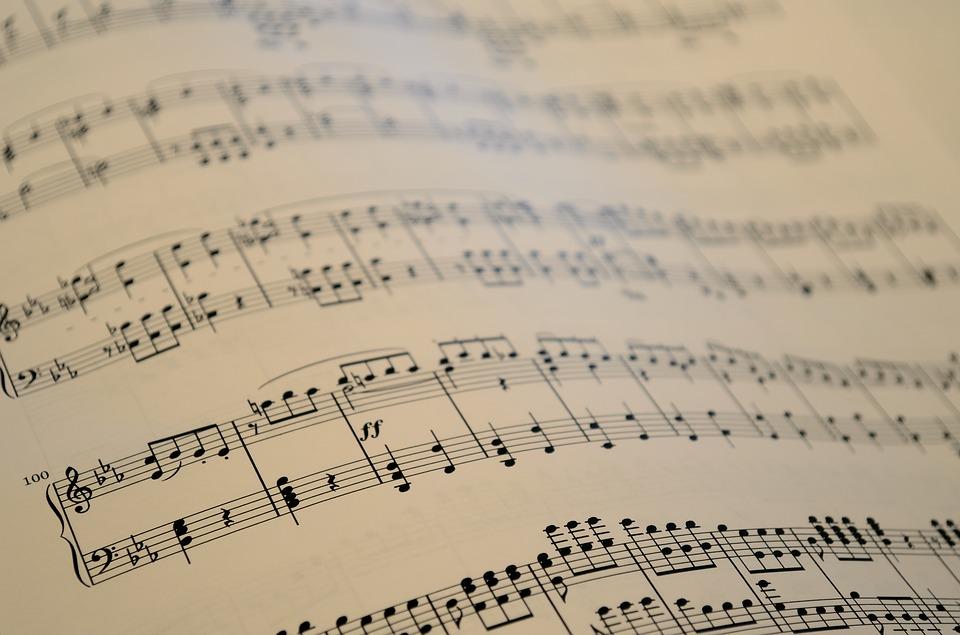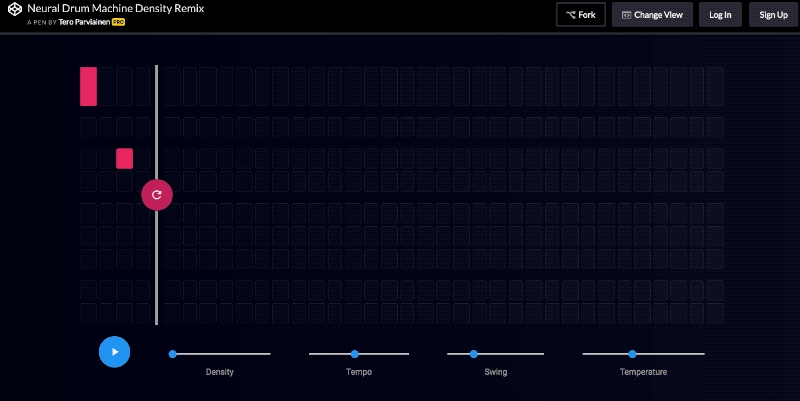
If a piece of art is not created entirely by a human being, is it really art? Philosophers and artists have wrestled with this question more and more as technology has developed and styles have changed - indeed, some artistic styles, such as process music, have made a point of asking this question by removing the human element from composition as much as possible. On the other hand, as you might expect, this feels like cheating.
#PROJECT MAGENTA SONG SOFTWARE#
Wouldn't it make my job easier to be able to feed all of those pieces into a piece of software like Magenta and have it supply me with a similar, but original chord progression or melody that I can then alter and embellish to my own satisfaction? For instance, I write a lot of music for films and advertising, and producers are always sending me reference pieces that they would like my compositions to draw on. On the one hand, having such powerful tools that are capable of learning and creating at a nearly human level could serve as powerful aids to the composition process. And it's because of this power to make us feel that art has such an important place in every human culture - it's a fundamental expression of our own humanity.Īs a musician myself, the idea of computers being able to generate passable pieces of music is both fascinating and troubling.

No other species that we know of creates things purely for the sake of their beauty or emotional expression. Humans have long considered art to be one of the defining things that makes us.well, human. This raises some deep and potentially unsettling questions about the nature of art and creativity in general. It's not going to win any awards, but the amazing and slightly scary thing about this melody is that, like the aforementioned novel, it could easily pass for a human creation. In so doing, Magenta was able to detect frequently used sequences of notes and learn the basic rules of melody and chord progression - enough to create a basic, but entirely convincing melody of its own. In order to compose it, Google researchers fed hundreds of musical recordings into Magenta's neural network (a system of interconnected computers that's designed to work in much the same way as a human brain), allowing it to analyze this data and learn from it. The piece of music below is Magenta's first publicly released creation. Magenta makes use of advanced machine learning ( here's a great post on that by the aptly named himself) to flip the algorithms that are currently used for content detection (such as those used to detect similarities between images and bodies of text) on their heads, to enable computer software actually to create content.

Google, with its vast resources of computing power and one of the most forward-thinking visions of any company in history, has moved to the forefront of AI development in recent years, and its latest project, Magenta, is no exception. It's becoming increasingly clear that computers are getting better and better at creating things that we instinctively think are made by humans. Earlier this year, a novel written by a computer nearly won a literary award, while last year, Google's DeepDream made waves on the internet with its extra-trippy algorithmically-generated images.

The rapidly increasing power of artificial intelligence opens up many new possibilities for computer-generated media.


 0 kommentar(er)
0 kommentar(er)
